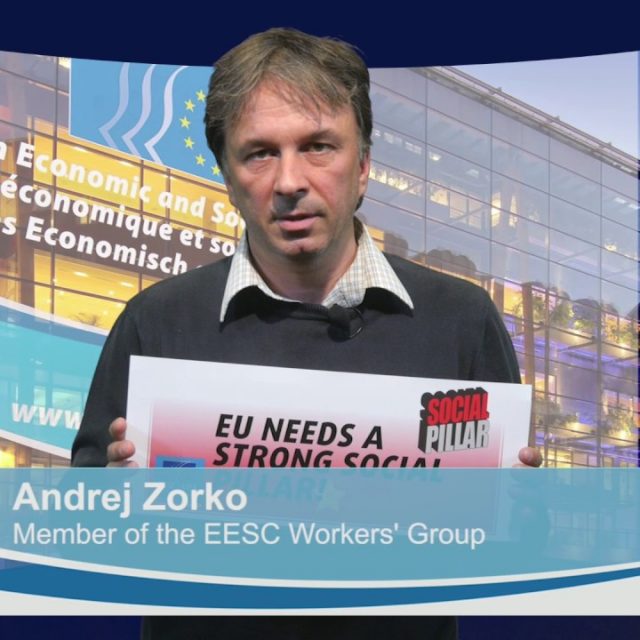The European Economic and Social Committee (EESC) has highlighted what it says is the need for a common European framework for migration management that is effective, focusses on both external borders and legal migration pathways and is in line with EU’s values. The EESC welcomes the existing monitoring done by the Commission as this provides the factual basis for future policy measures.
The Covid-19 pandemic led to a significant reduction in migration to the EU. Countries have closed borders, restricted routes for legal migration and scaled back programmes to take in refugees. However, the situation unfolding in Afghanistan and Belarus using refugees as “political weapon” brought again asylum and migration issues to the forefront.
“The EU more than ever needs to strike the right balance between effective and realistic migration management. What we need is humanity, sustainability, security and control of EU’s external borders. Migration can be better managed collectively and this is the message that organized civil society clearly conveys”, Ms Schweng said.
In a recent opinion, the EESC called on the Commission to review its reference framework and work towards an integrated approach to immigration and asylum policy that promotes orderly, legal and safe mobility. According to the Committee, the current Migration and Asylum Pact is too focused on the management of external borders and return, while failing to pay due attention to regular channels for immigration, safe pathways for asylum or the inclusion and integration of non-EU nationals in the EU.
In view of the upcoming 2021 – 2025 EU action plan against migrant smuggling, EESC’s recommendations for the former action plan remain valid: we need to disrupt organised criminal networks through intelligence-led and financial investigations, to put an end to money laundering and to confiscate the assets of illicit activities. Further efforts are needed to protect and assist those who are smuggled.
Regarding the incoming communication on the application of the Employers’ sanctions directive, the Committee has highlighted the importance of involving relevant stakeholders, and in particular social partners. Their negotiations are very important when it comes to protecting the third country nationals referred to in the directive.




